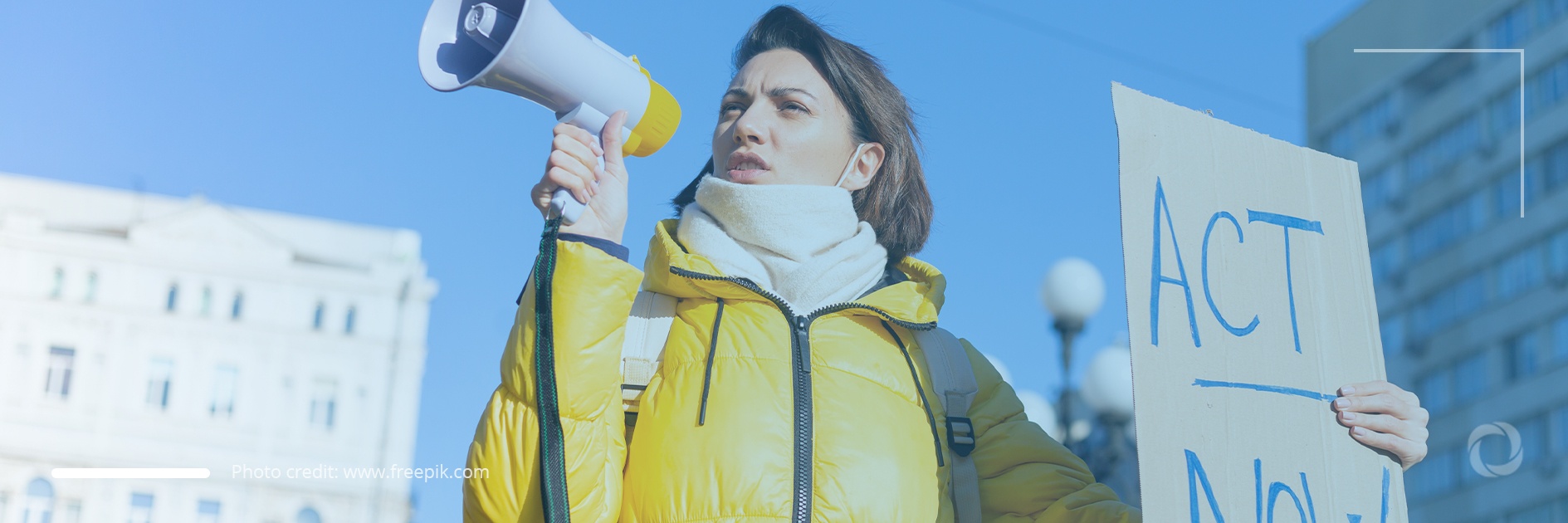The active and equal participation of women in politics is central to building inclusive democracies. Currently, women are heavily underrepresented in decision-making and political processes almost everywhere around the globe due to many structural and social obstacles. At the same time, there is weighty evidence that women in politics can ultimately contribute to stronger societies, better accountability, and genuine democracy. This article describes women’s political participation, points out the structural and societal barriers that limit such participation, and underlines a number of benefits associated with the active involvement of women in politics.
Women’s political participation and leadership
Despite considerable progress in the last few decades, women are still underrepresented in political office across the globe. As of 1 September 2021, of more than 200 countries only 26 women were serving as heads of state and/or government in 24 states and only 13 countries have gender-balanced governments where 50% or more of ministerial positions are held by women. Nicaragua (58.82%), Austria (57.14%), and Sweden (57.14%) are the leaders in women’s political participation while Azerbaijan, Armenia, and Brunei Darussalam are in the group of 12 countries that have no women serving in government. International organizations and NGOs such as the United Nations and OXFAM and civil society are actively lobbying to advance women’s political participation to ensure that decision-making processes are participatory and inclusive.
Barriers to women’s political participation
The factors that hinder women’s political participation vary with the levels of socio-economic development, geographical location, culture, and the type of political system. Such barriers can be grouped into structural and social obstacles. Structural barriers relate to the practices, systems, or policies that limit women’s options to run for office or participate in politics through discriminatory laws and institutions. Social barriers, on the other hand, refer to the inherent social stereotypes, prejudices, and discriminatory paradigms that exist. In some cases, political environments can be unfriendly or even hostile and women who pursue political careers can become targets of violence, intimidation, and harassment.
Importance of women’s political participation
Women’s equal and active participation in political and decision-making processes at every level is essential to the achievement of social equality, sustainable development, and genuine democracy. There is increasing evidence suggesting that women’s political involvement leads to a reduction in inequality, increased attention to women’s issues, the prioritization of social problems, and better cooperation across and between institutions. Moreover, women, political leaders can act as role models for younger generations encouraging them to aspire to political leadership and the attainment of professional roles.
Global strategies to increase women’s participation in politics are yet to prove effective. UN Women estimates that at the current rate of progress, gender parity in politics will not be achieved before 2063. Thus, international organizations are calling on relevant actors to introduce voluntary party quotas or incentivized party quotas and to create efficient women’s leadership development programs. However, some voices suggest that introducing quotas would not be effective without the appropriate training for women.
See also: Women from rich countries more involved than men in efforts to curb climate changes
DevelopmentAid is the leading provider of business intelligence and recruitment tools designed to assist those active in the development sector. Join today and gain access to exclusive information on the upcoming funding opportunities (tenders and grants) from the largest bilateral and multilateral donors.

